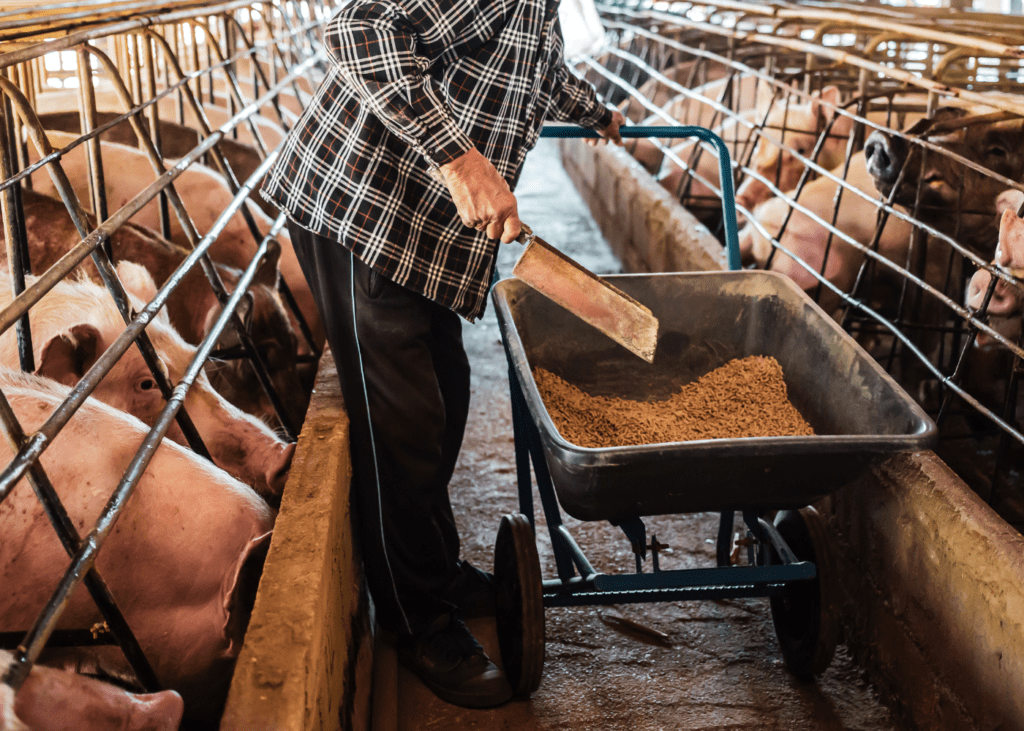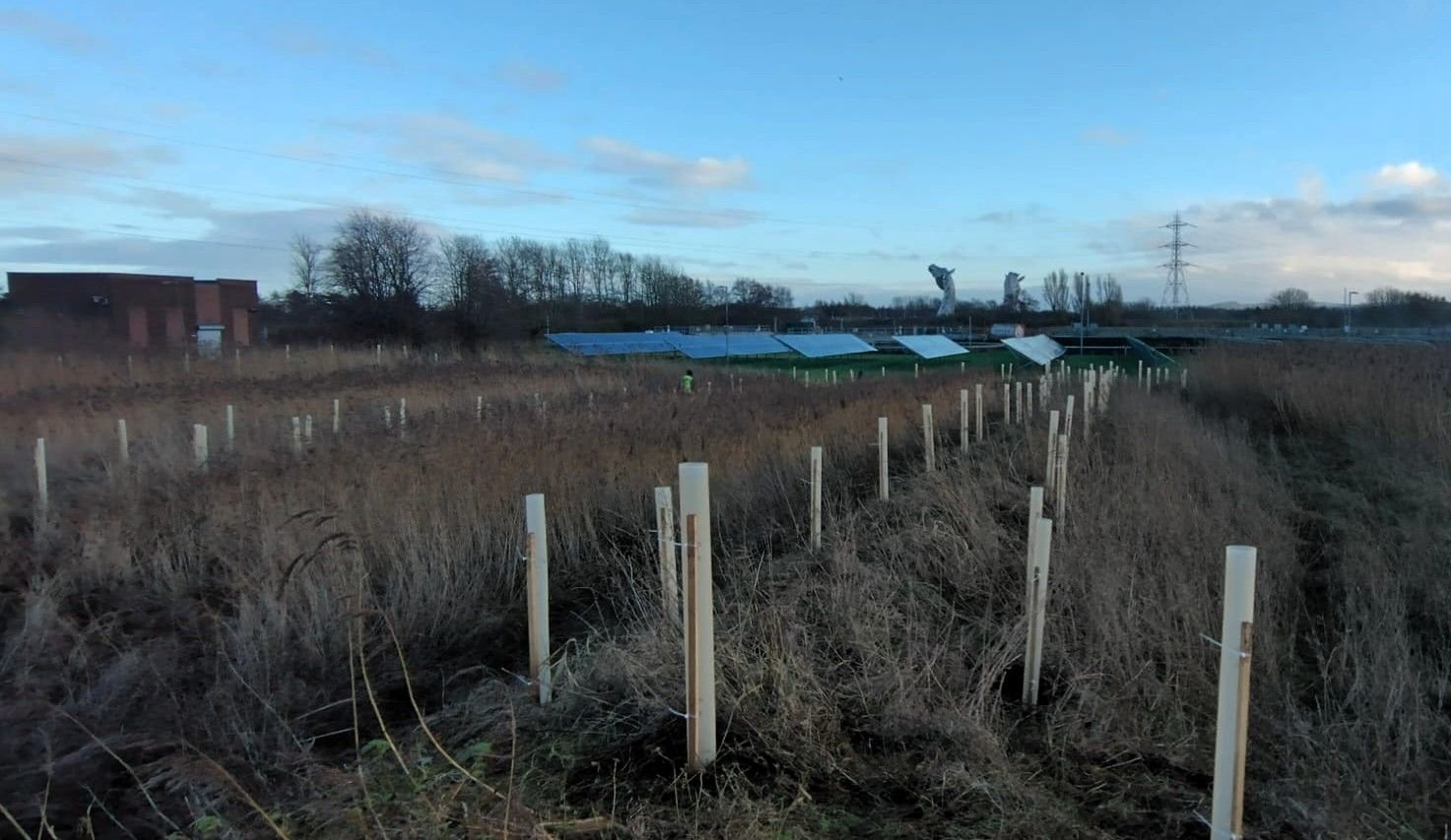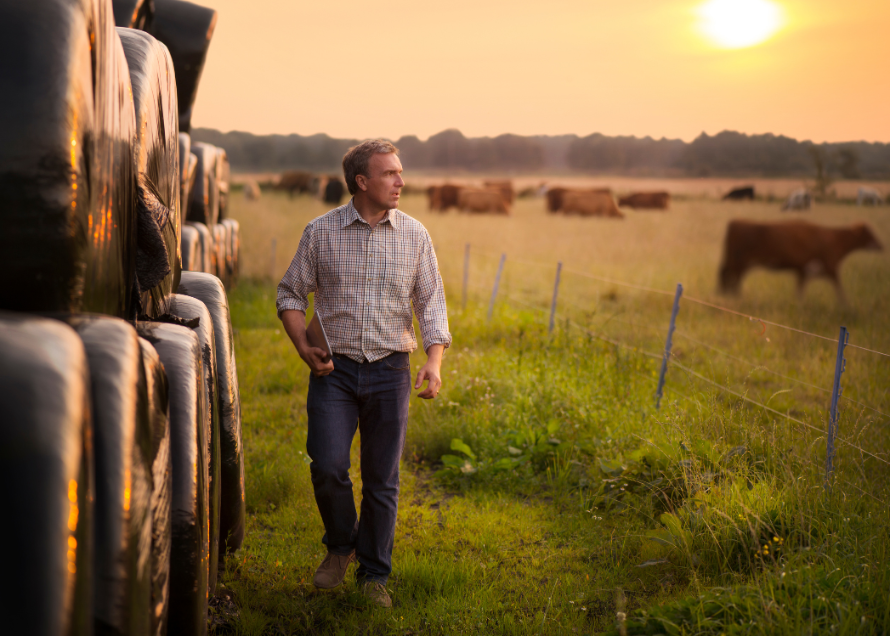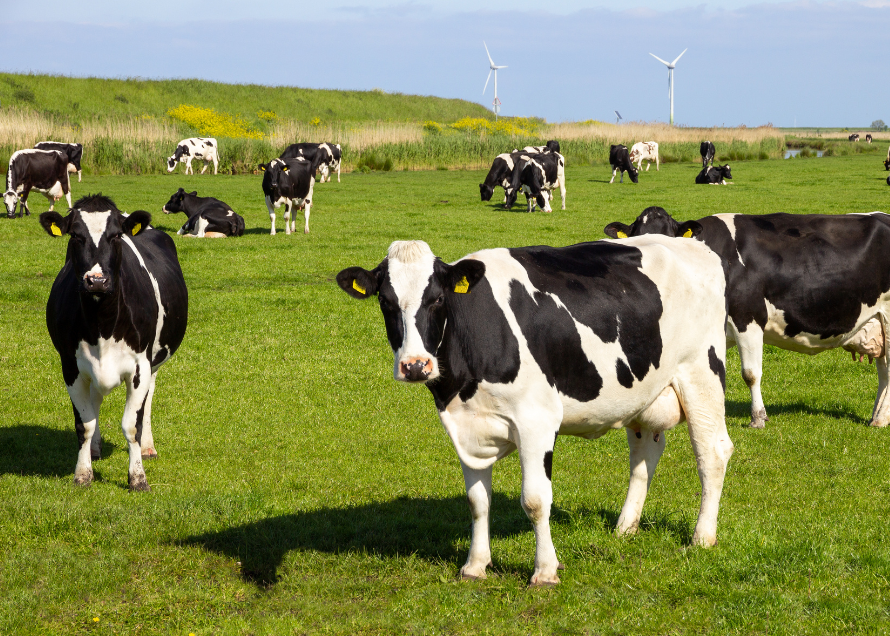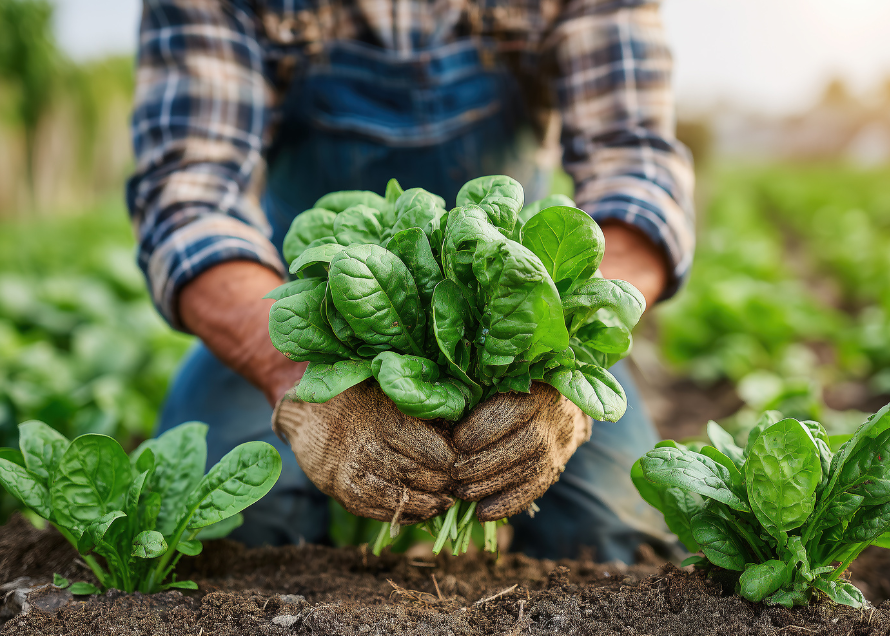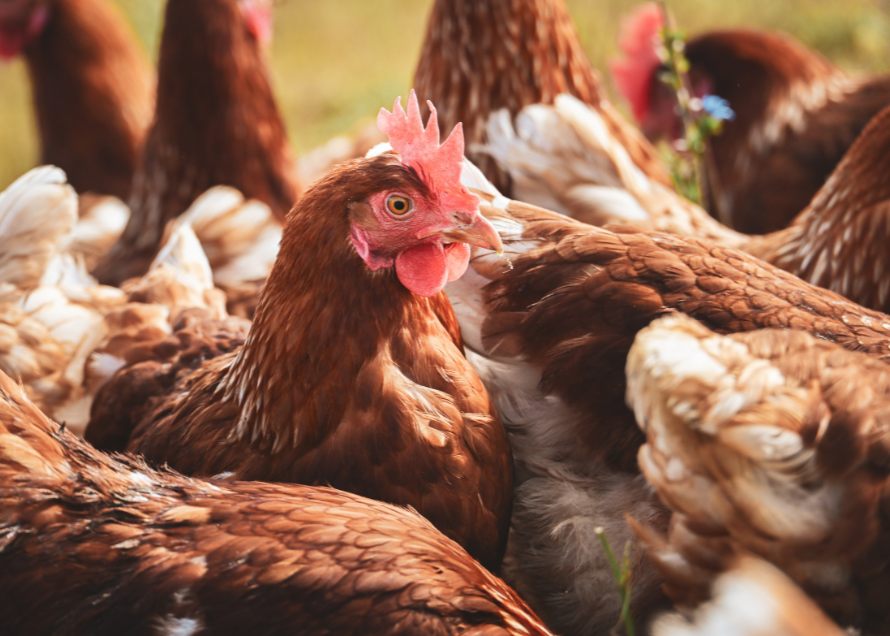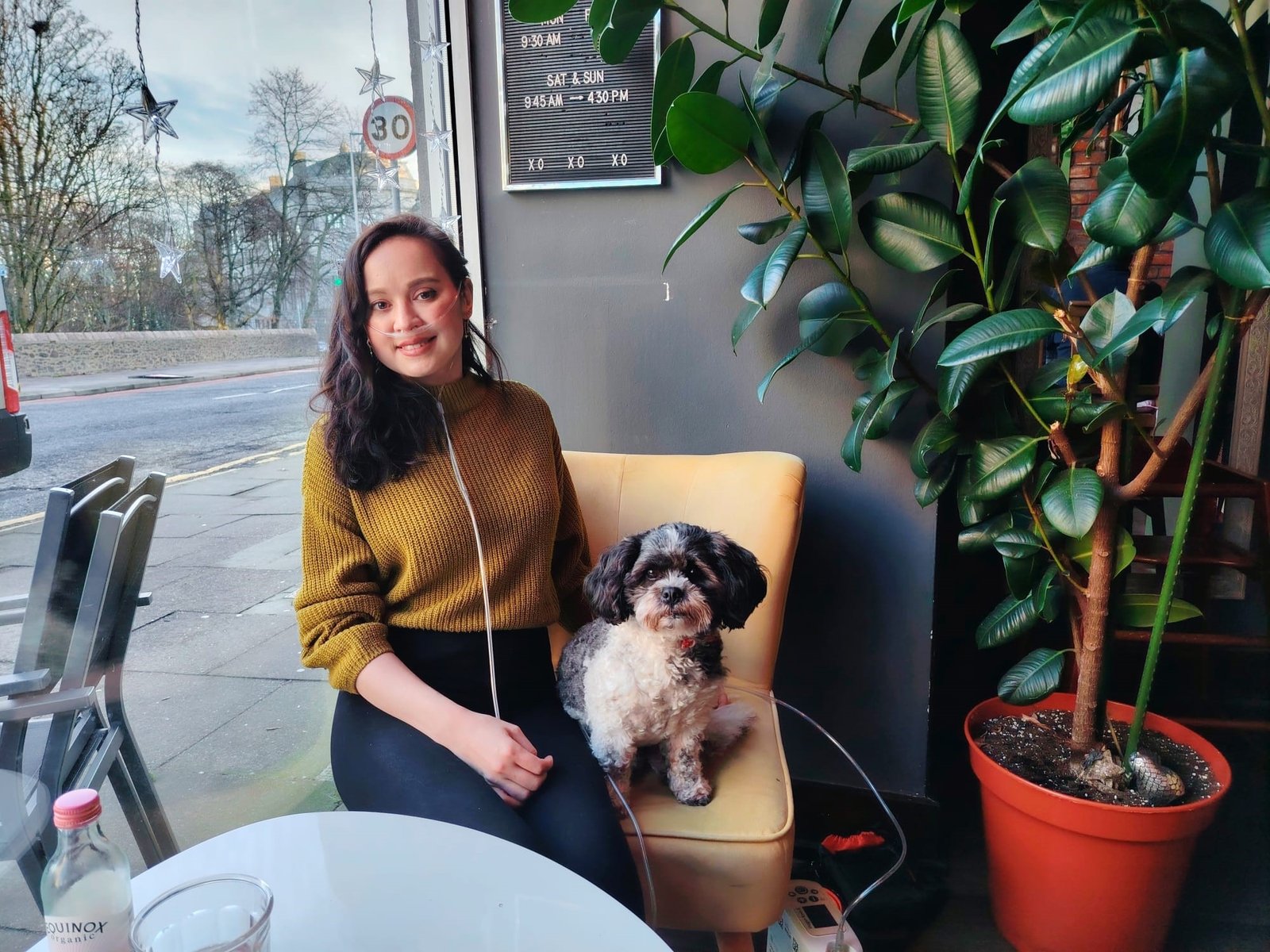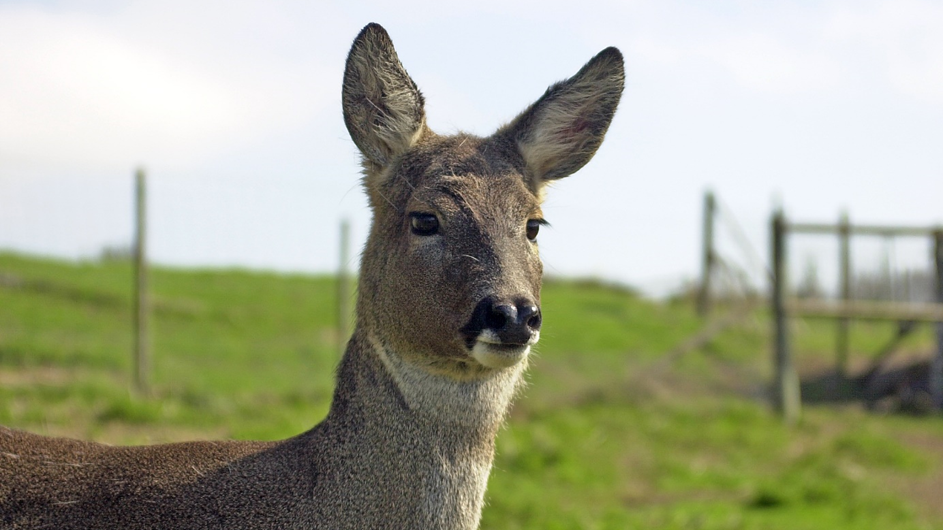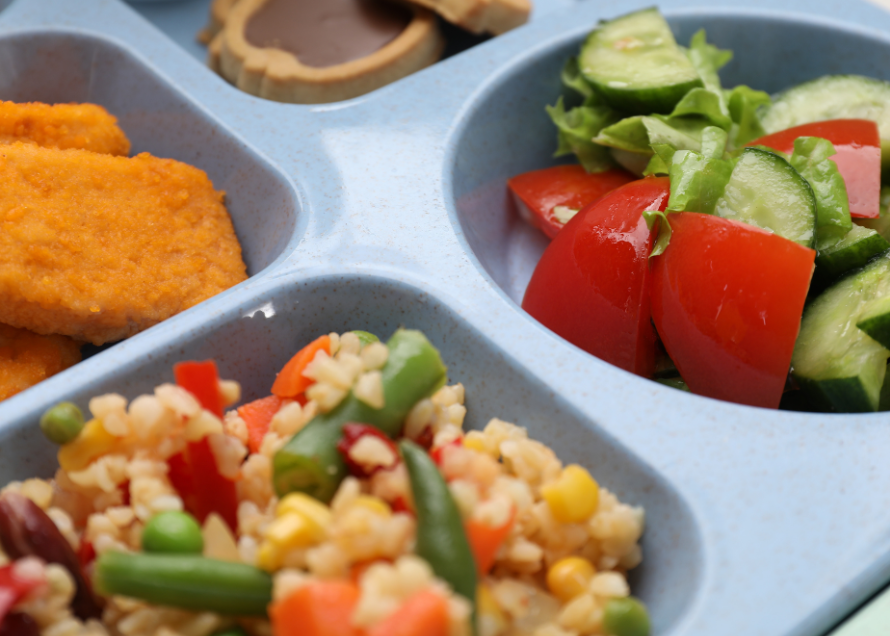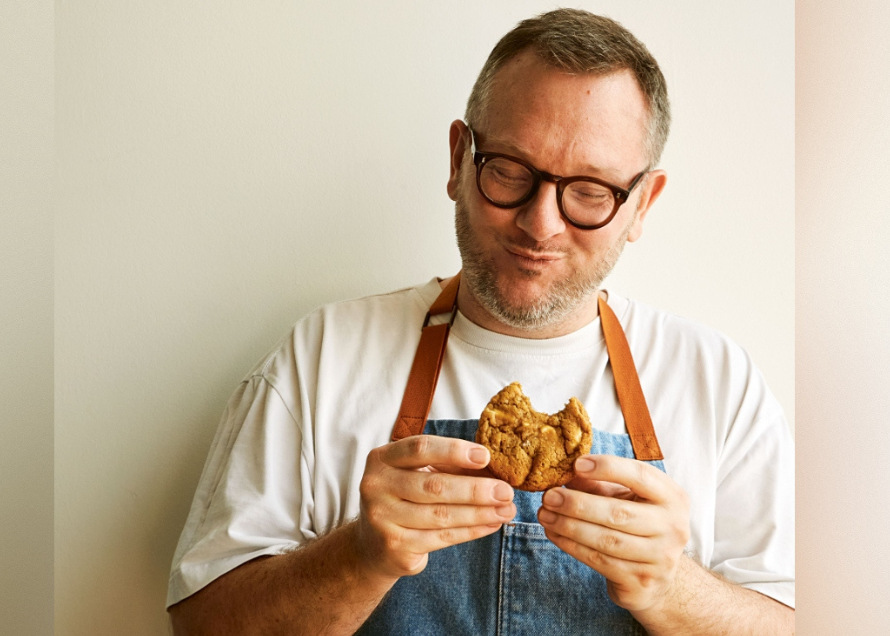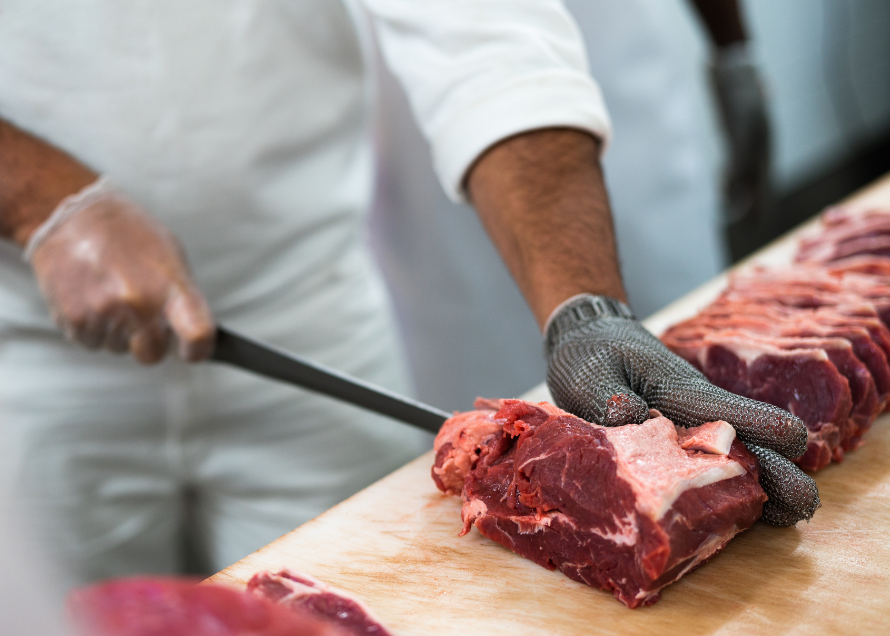According to research by the non-profit FarmKind, donating as little as £20 a month to charities with a proven track record of helping factory-farmed animals could have a greater impact on these animals than changing your diet.
FarmKind has developed a calculator that allows individuals to determine the number of animals required to produce their diet.
The calculator also illustrates how they can mitigate the impact of their food choices on animal welfare and carbon emissions.
FarmKind’s research evaluates some of the charities’ most cost-effective methods to assist factory-farmed animals.
It examines the types of suffering these interventions can prevent and the number of animals needed to produce our food, including those that die before they can be used for food, known in the industry as ‘wastage’.
A significant majority (78%) of people oppose factory farming to produce cheap meat. However, only 4.5% of British people identify as vegetarian or vegan.
This indicates that while many people wish to help animals, they may be unwilling or unable to change their diet.
Donating offers an alternative way to combat factory farming, potentially helping more animals than diet change alone, and is often easier for many people.
In the UK, 85% of farmed animals are raised in factory farms. Historian Yuval Noah Harari has described factory farming as ‘perhaps the worst crime in history’.
This industry not only causes extreme animal suffering but is also a major contributor to climate change and pollution.
Additionally, factory farming risks human health through increased pandemic risks and the threat of antibiotic-resistant ‘superbugs’.
Despite the severity of the issue, organisations working to end the most destructive factory farming practices are severely underfunded.
The global farmed animal welfare budget is less than 2 pence for each factory-farmed animal.
This disparity between the scale of the problem and the funding available means that even the most influential organisations, which have a proven track record of helping animals and the climate, struggle to finance their essential work.
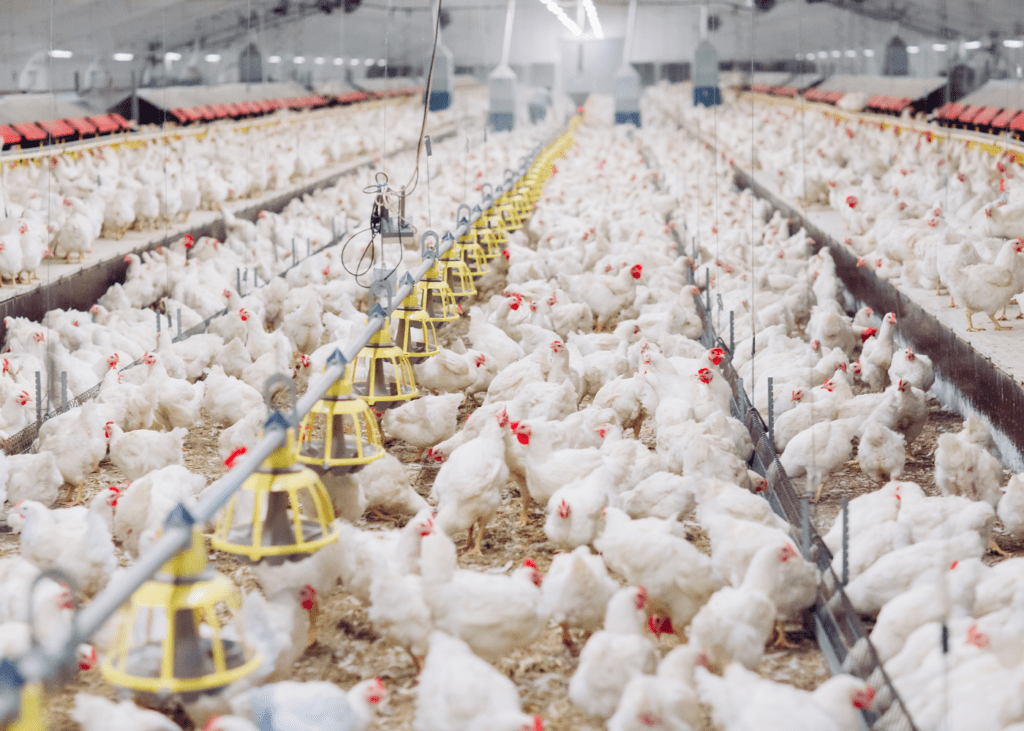
FarmKind is an independent non-profit that guides donors in finding and donating to highly effective farmed animal charities.
It collaborates with expert evaluators to recommend charities that help spare a wide range of farmed animals from the cruellest practices of factory farming and address the harmful climate impacts of industrial animal agriculture.
Aidan Alexander, co-founder of FarmKind, said: “For many years I knew about how much suffering factory farming causes, but I just really struggled to make any changes to my diet.
“It isn’t just about health or taste; there is the social aspect of what we eat as well.
“Diet change can be really hard, and I completely understand why some people, even though they love animals and hate factory farming, feel unable to do it.
“We wanted to give people another way to make a difference and improve the lives of factory-farmed animals.”
Thom Norman, co-founder of FarmKind, said: “When we see images of the suffering that occurs daily on factory farms, most of us feel instinctively that we want to help.
You Might Also Like:
No related posts.
“We’re often told that the only way to help is to change your diet. But that isn’t true. We can all be a part of making farming kinder.
“An easy way that most of us can make a difference today is to donate to some of the super-effective non-profits doing the most to fix factory farming.
“If we can invent it, we can also find better, kinder ways to farm.”

